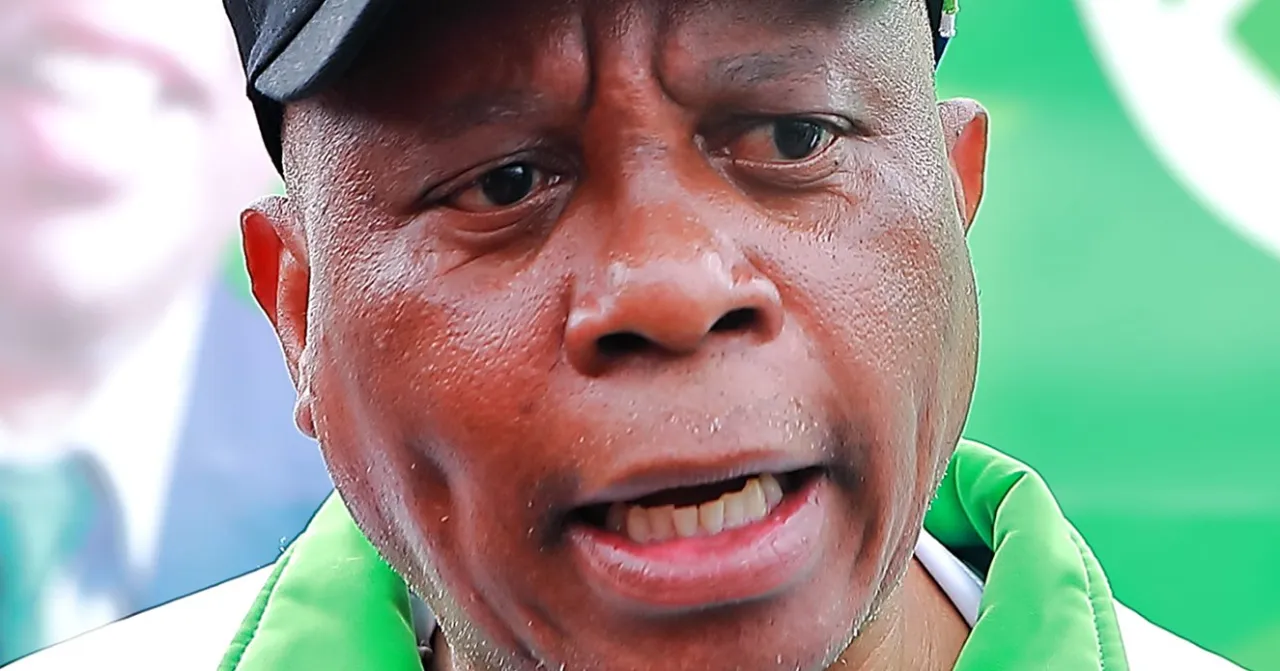For a post-apartheid SA to be more successful (it is not a failure to be fair, the economy is much bigger than it was in 1994, people are richer, and basic services have been rolled out to millions of people, but that progress has stalled since 2010) a POD earlier than the 1990s is probably needed.
You need the ANC to not do the 'People's War' where it basically destroyed all black opposition in the 1980s and early 1990s, then you don't have the one-party dominance that we've had in SA since the end of apartheid (although this is now rapidly coming to an end).
An ANC without 50% of seats in Parliament will firstly not be able to govern how it has and it will not have the air of invincibility it had for most of the post-apartheid era (this air of invincibility is now also disappearing).
You need the ANC to not do the 'People's War' where it basically destroyed all black opposition in the 1980s and early 1990s, then you don't have the one-party dominance that we've had in SA since the end of apartheid (although this is now rapidly coming to an end).
An ANC without 50% of seats in Parliament will firstly not be able to govern how it has and it will not have the air of invincibility it had for most of the post-apartheid era (this air of invincibility is now also disappearing).
